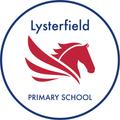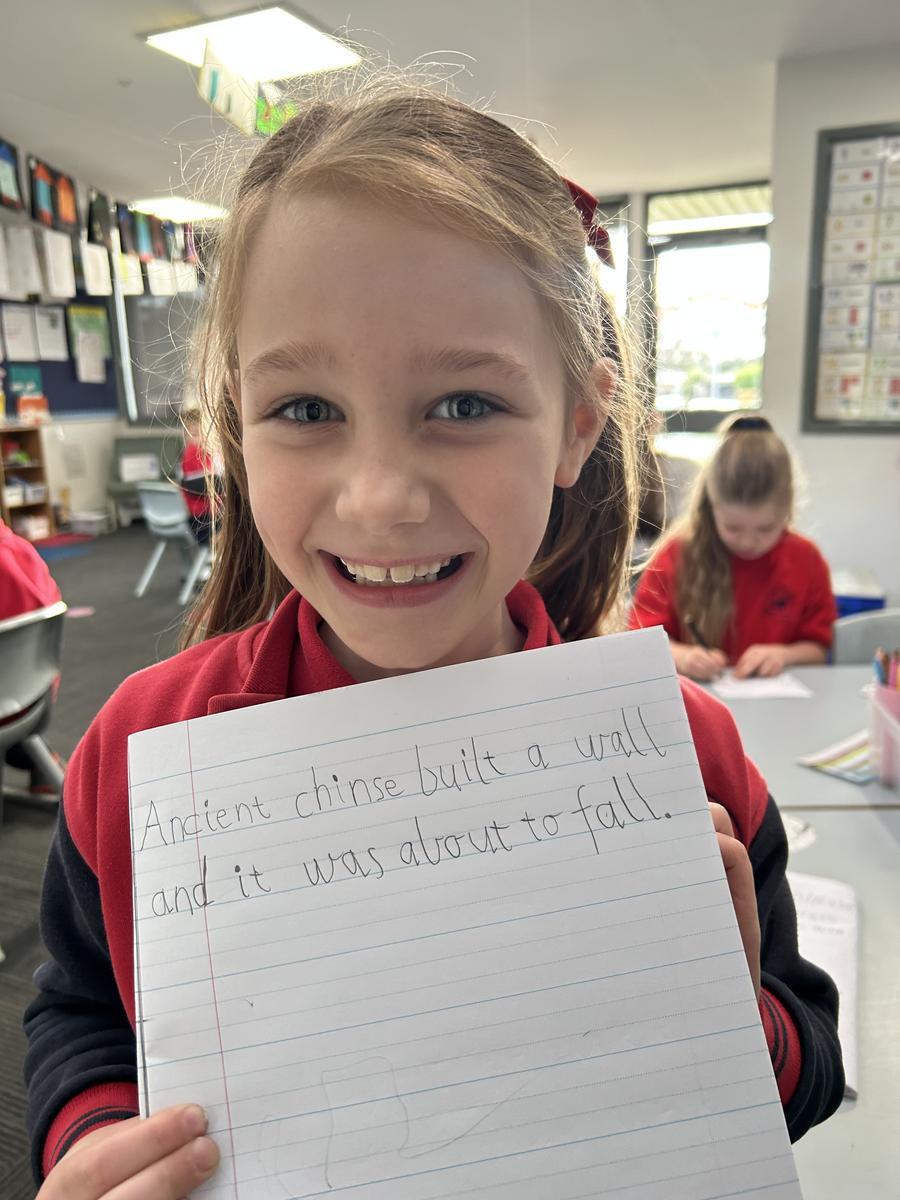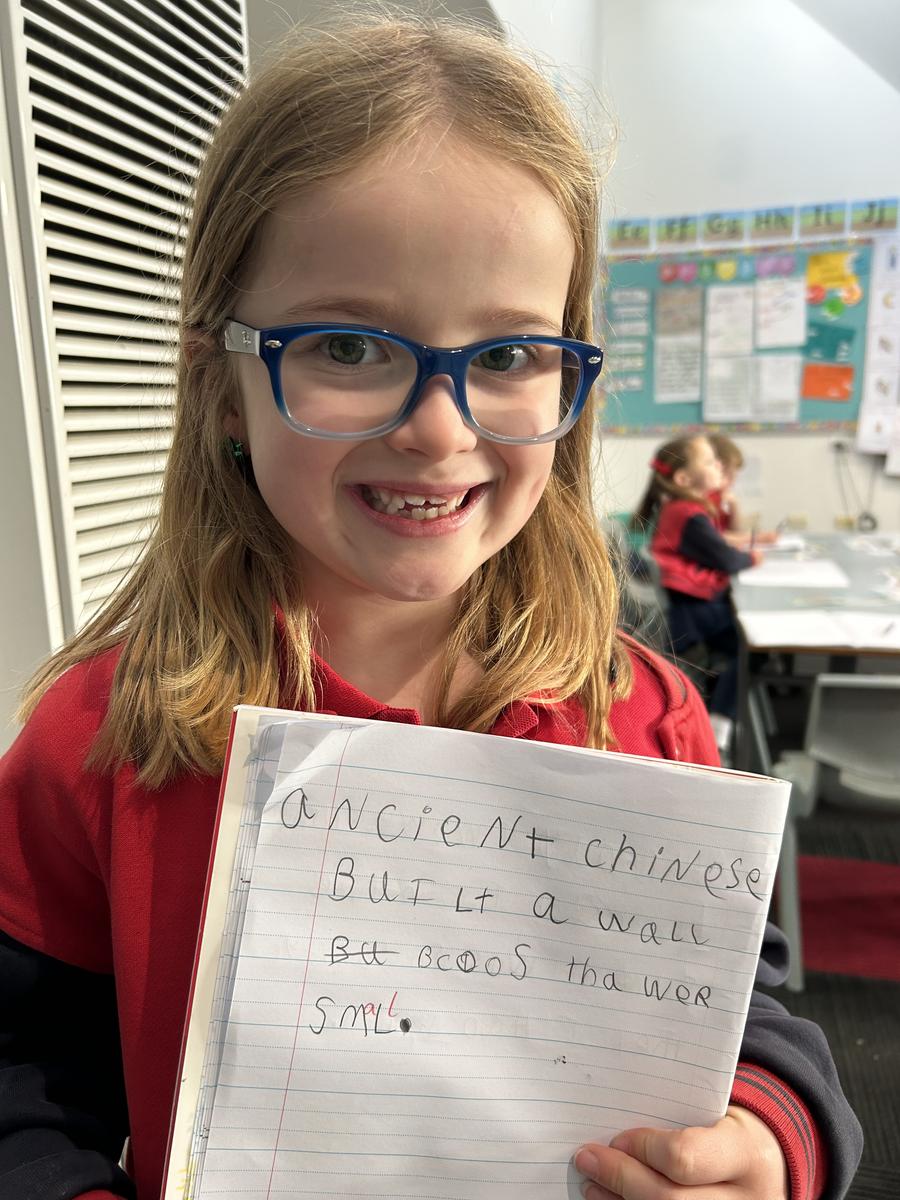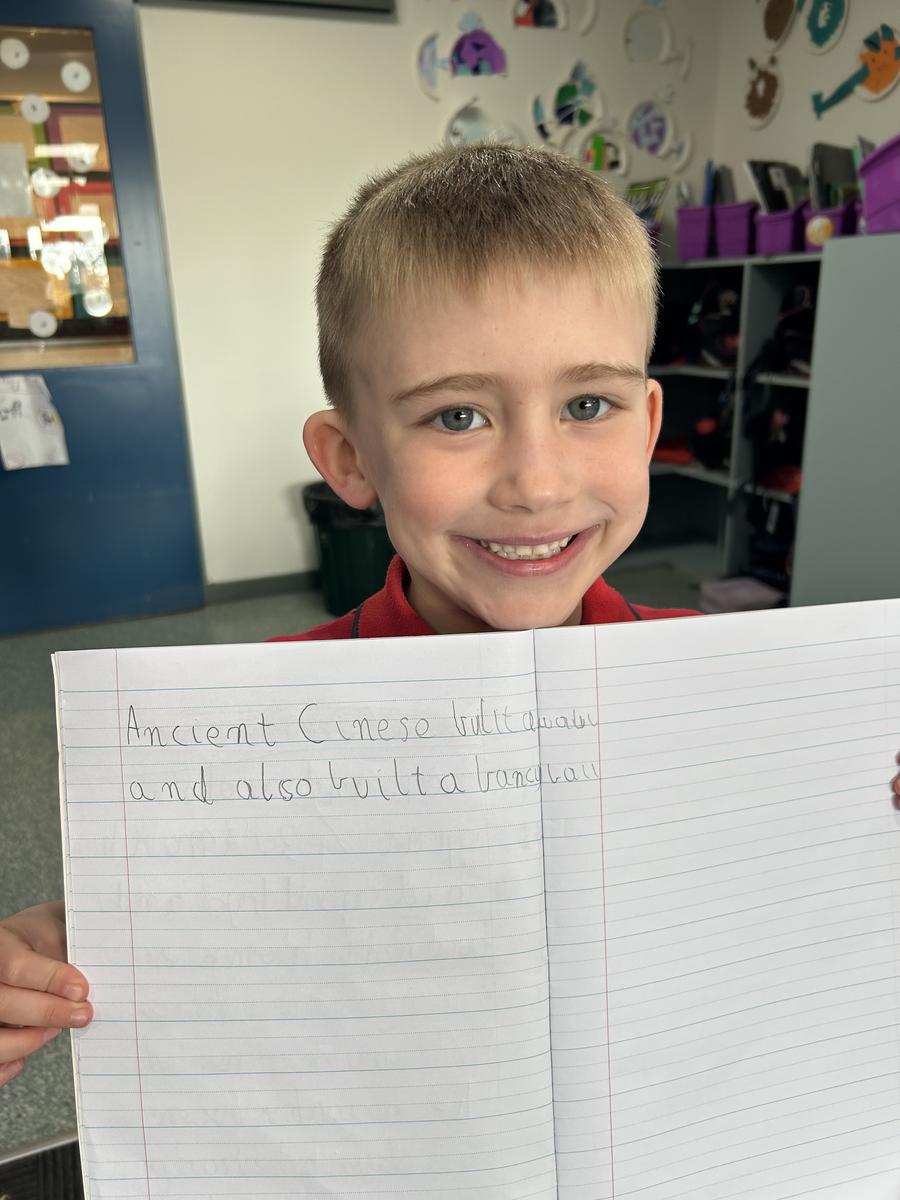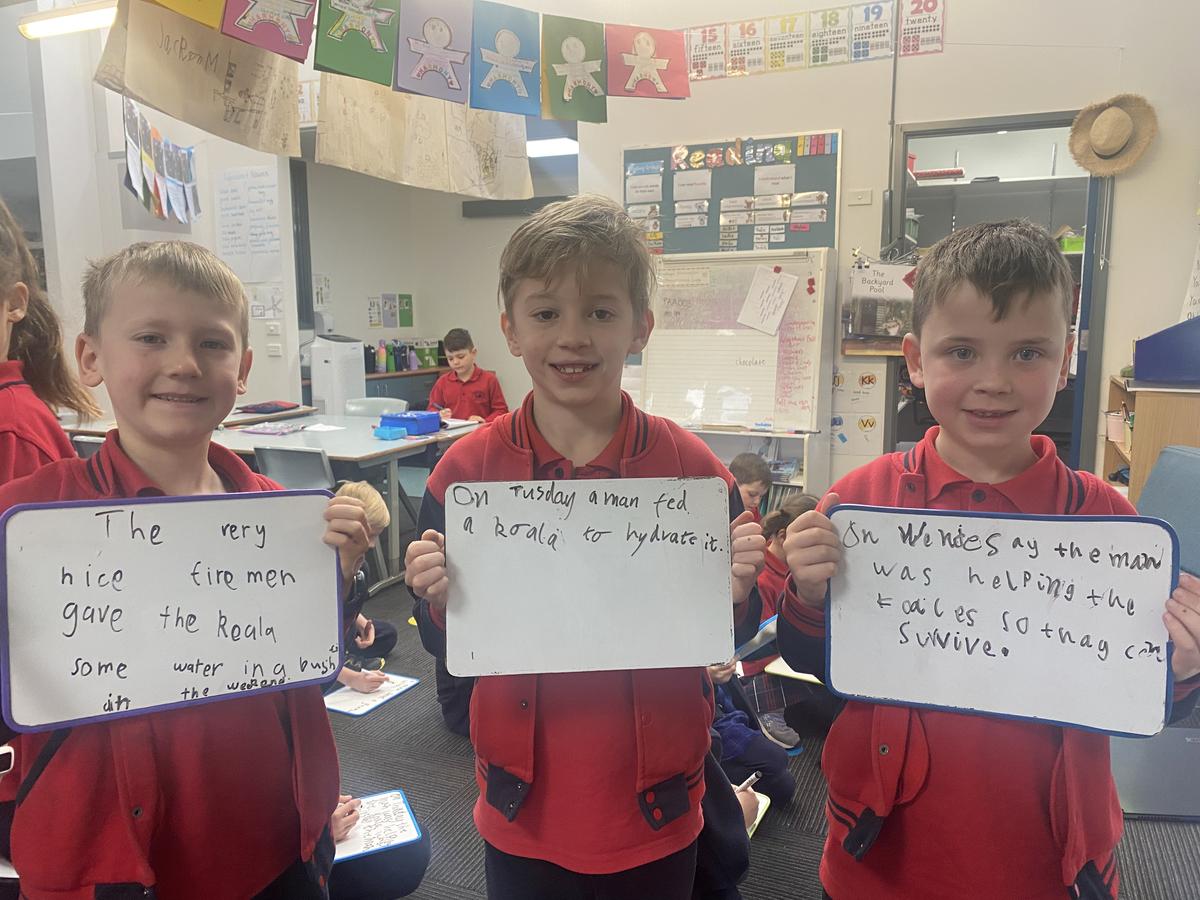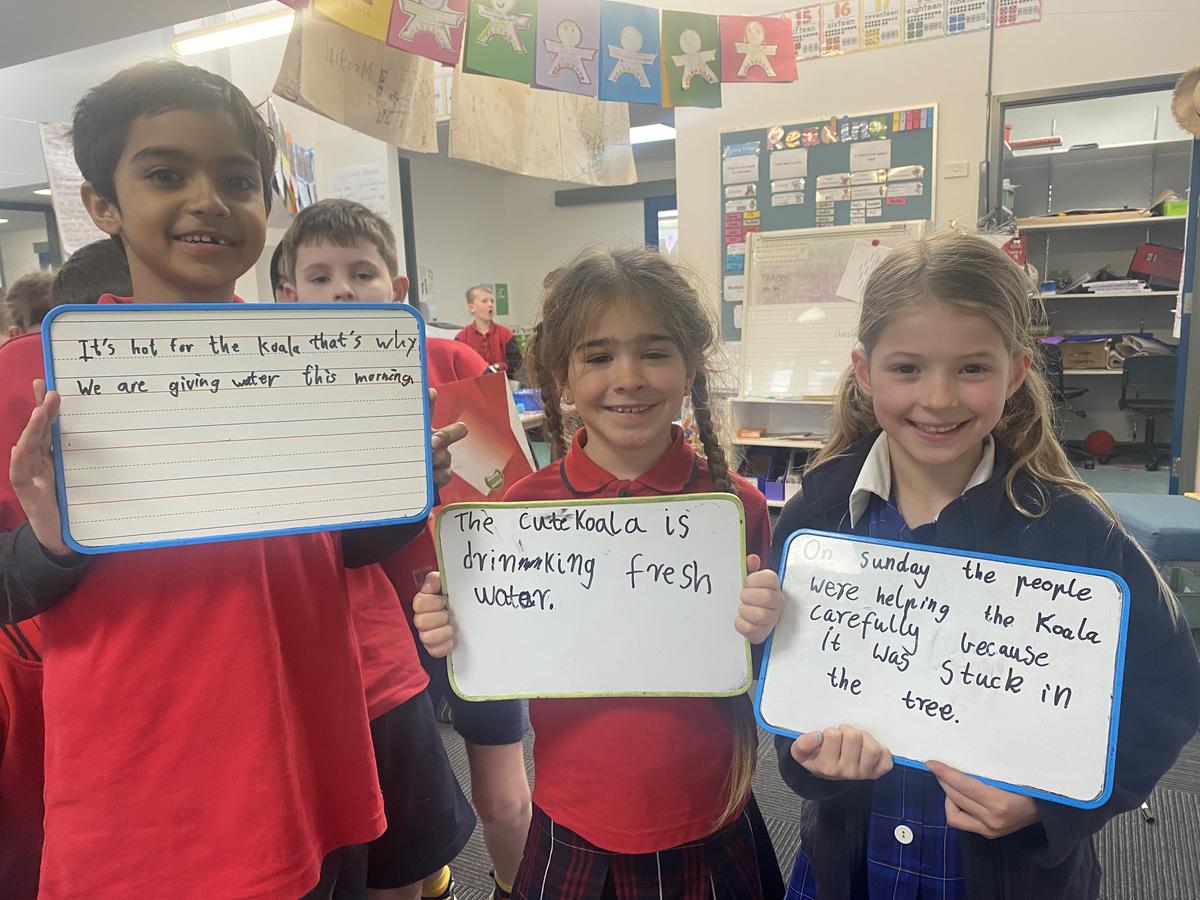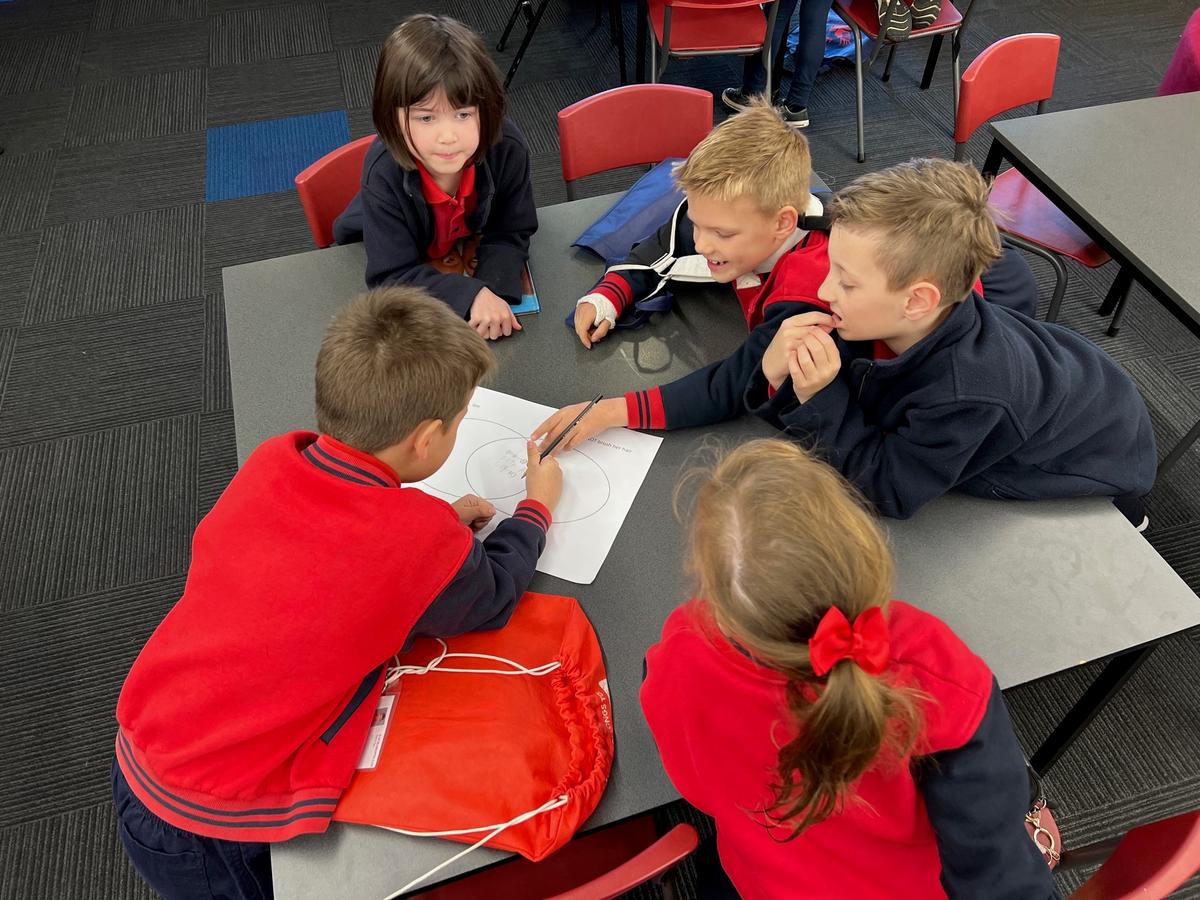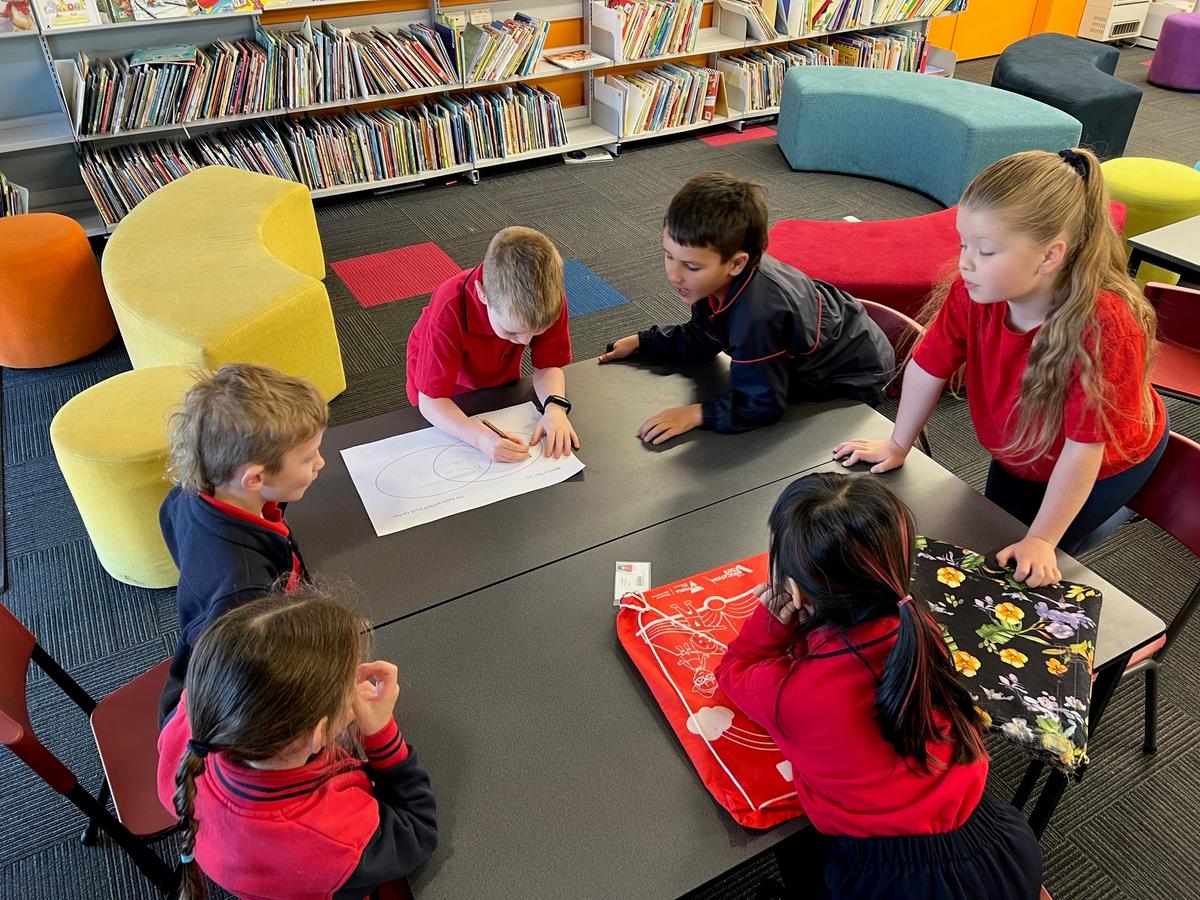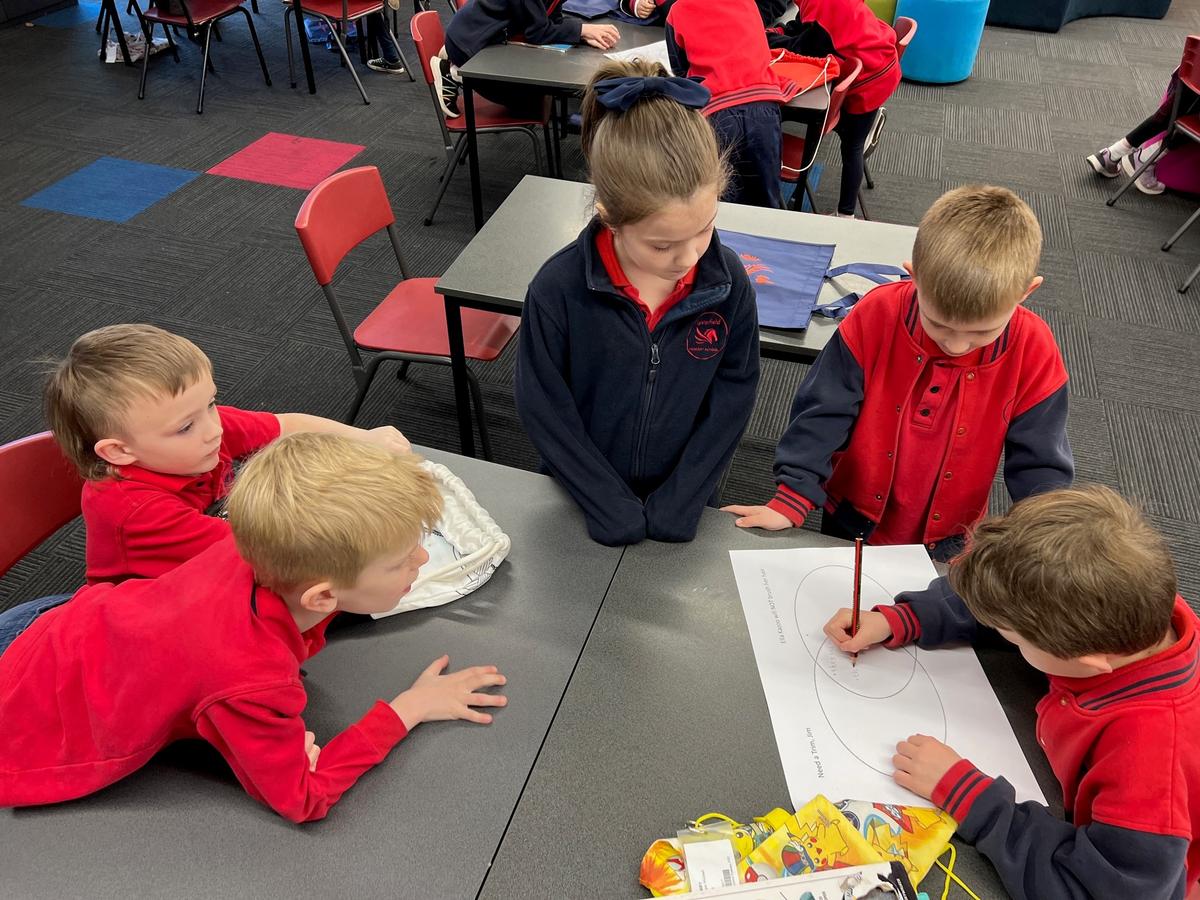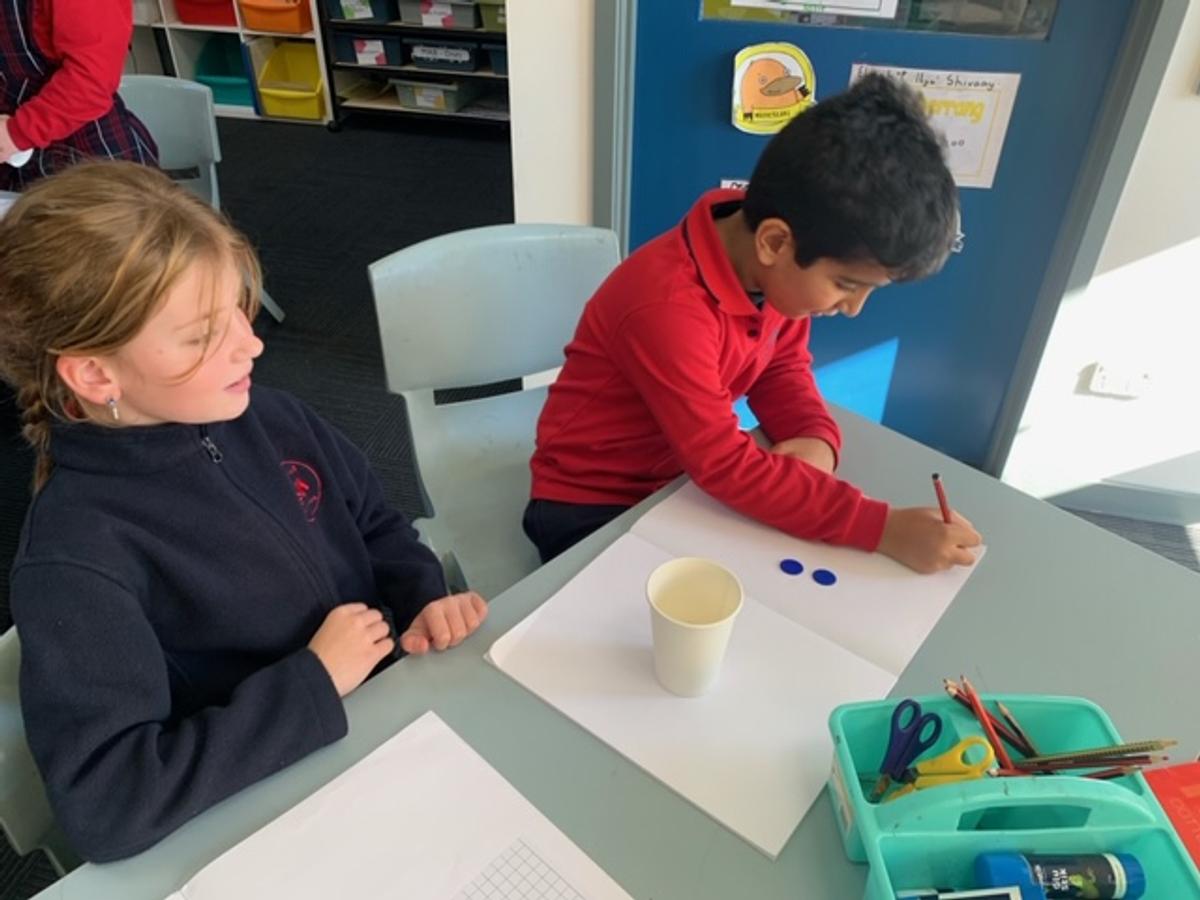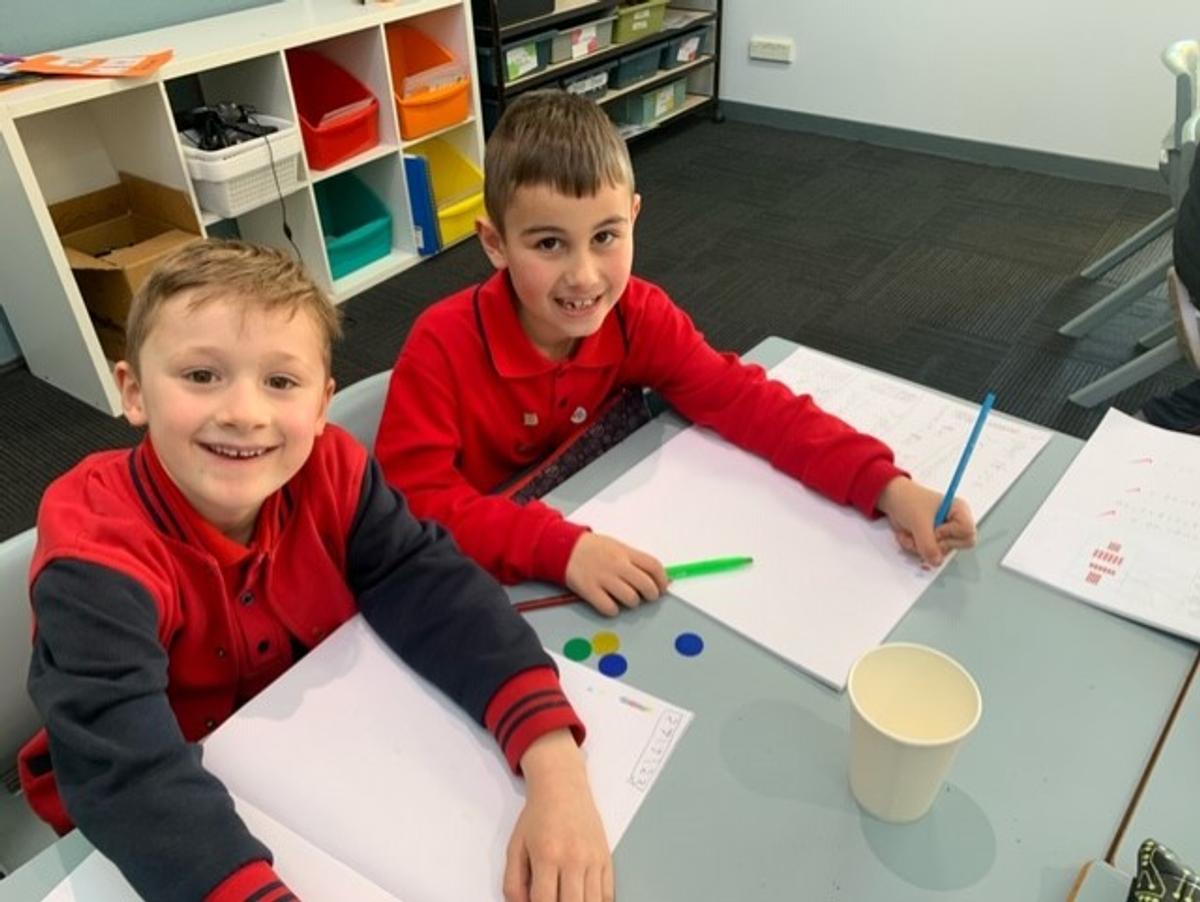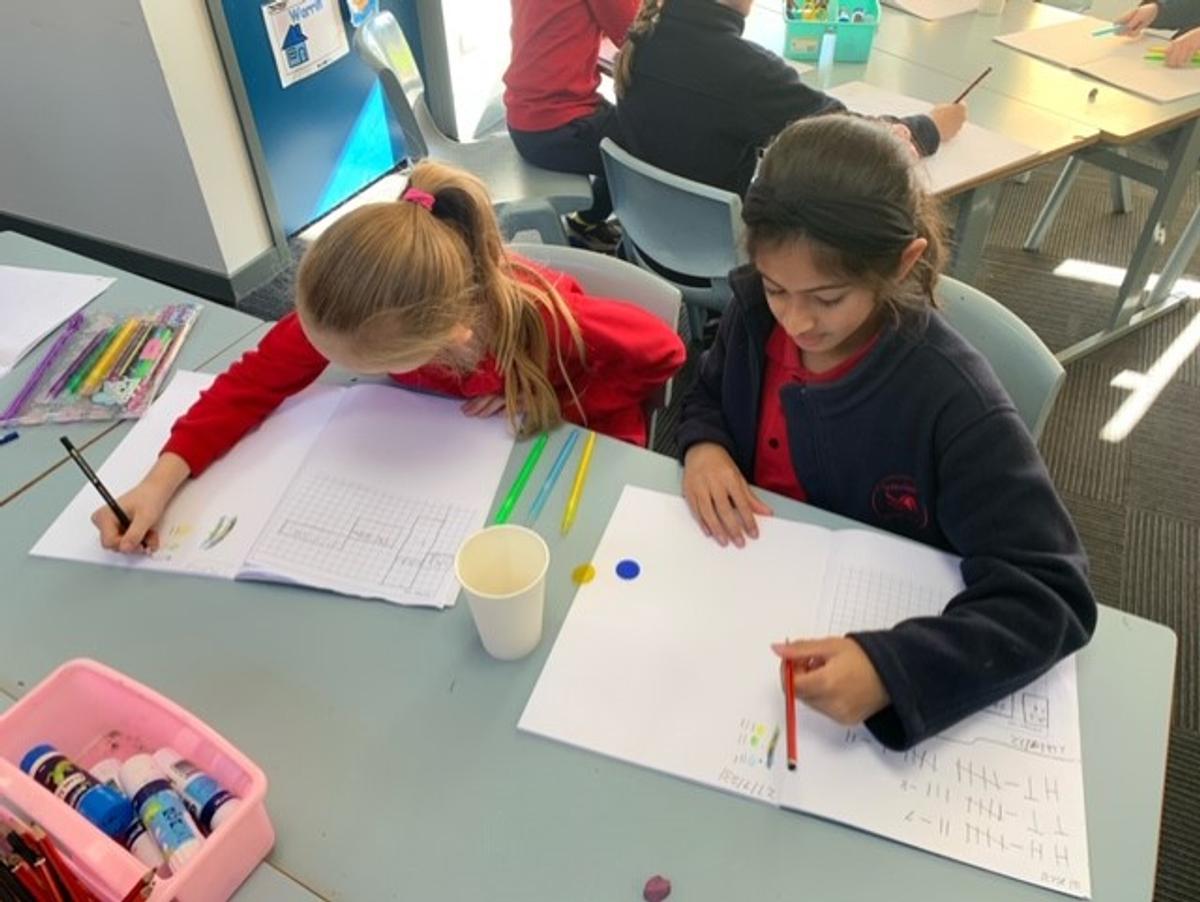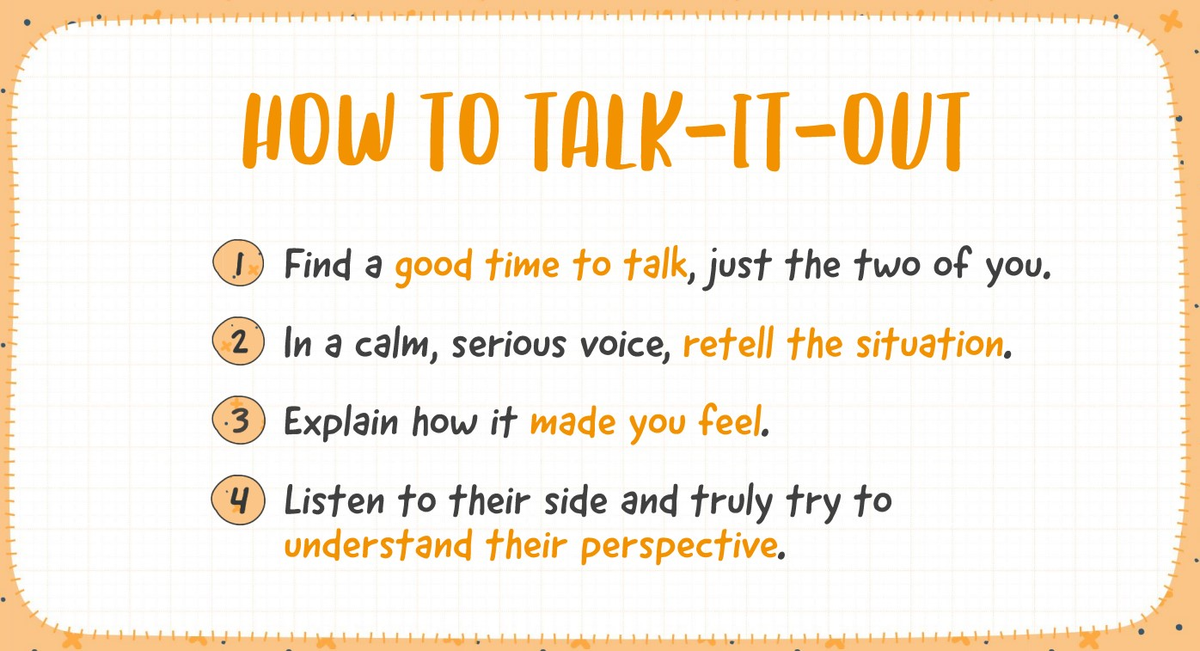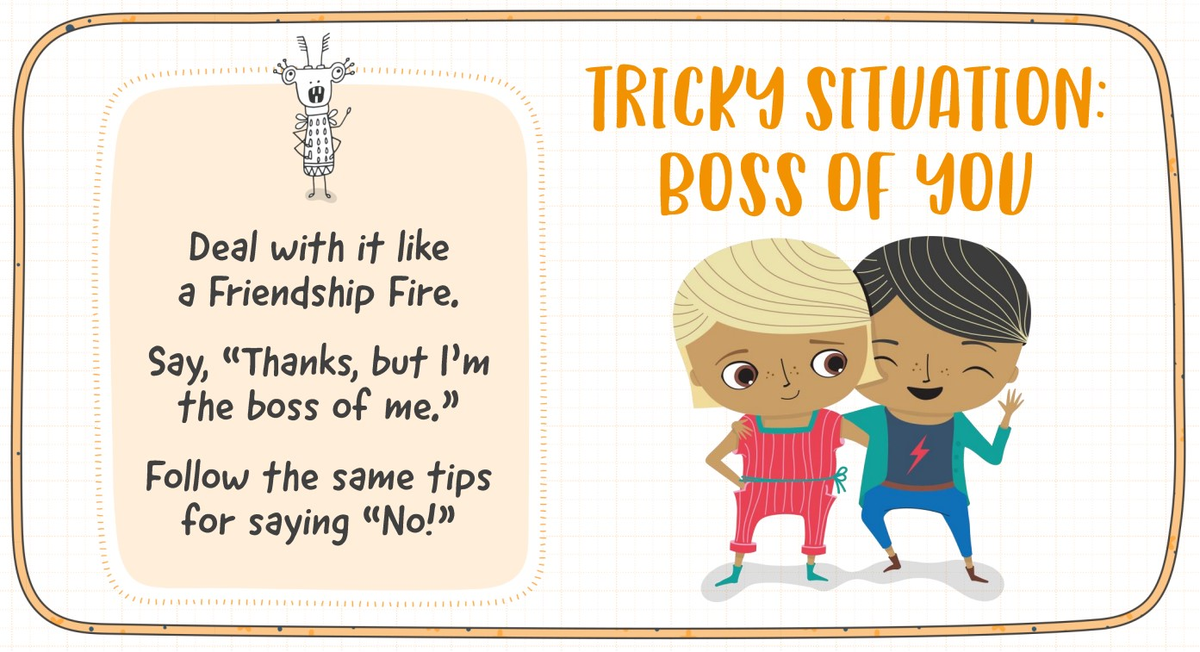Junior School News
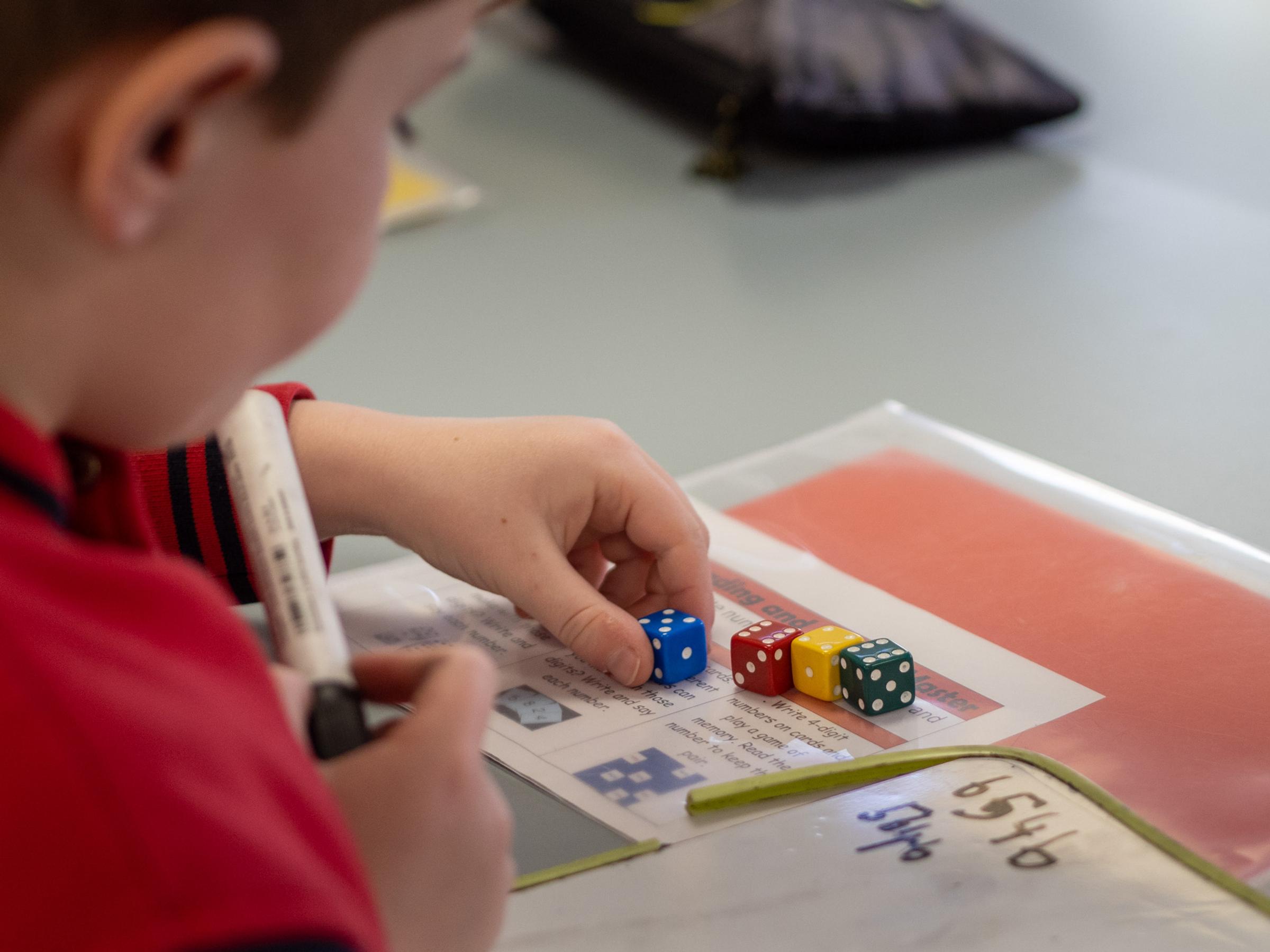
Important Reminders
Take Home Books: We will begin to send decodable texts home from Monday the 17th of July. Please ensure that your child has their Take Home Bag. If they do not bring their Take Home Bag, they will not be able to bring a decodable text home.
Learning in Action
Literacy
Grade 1: This fortnight, Grade 1 students have continued learning about different phonemes (letter sounds) and the different graphemes (letter combinations) that can make those sounds. We have explored some common vowel teams, their position in words and how practising to read them can support students when writing words containing these vowel teams. We have read a number of interesting texts which have allowed students to explore the similarities and differences between their lives and the lives of people in Ancient Egypt and Ancient China. The poetry written by students has been a wonderful display of the connections they have made between their lives and different civilizations in history.
Grade 2: Over the last fortnight, the Year 2 students have read a variety of poems and written their own diamante poem about someone or something that is important to them. They also studied rhyming couplets and how our responses may vary, depending on the poem. They were encouraged to explain why they had a preference for certain poems. The difference between common and proper nouns has been studied, as well as the use of capital letters when writing a proper noun. The students have also engaged in visualisation tasks to take note of key words in poems, in order to support their ability to visualise and imagine what they are reading or hearing. In regard to word study, the foci have been the digraph ‘ou’ as in couch, and the trigraph ‘air’ that we often find in verbs.
Library
Grade 1: During Library, the Year 1s have been introduced to ‘Venn Diagrams’, a tool to help organise our thinking when comparing similarities and differences. We are using the diagrams to record our thinking when comparing characters and plot between two stories. We are also continuing to focus on our active listening, sharing our ideas, asking questions and working cooperatively in our triads and groups. 1KA and 1I have Library on Wednesday and 1PA and 1T on Friday. Please ensure library bags are sent to school as borrowing from the library ensures students have a new selection of books each week for home reading.
Grade 2: The Year 2 students have been working in triad groups over the past fortnight, to enhance their speaking and listening skills. Through discussions within their triad group, the students have responded to literature by sharing ideas and listening to others that may agree or disagree. The topic for discussion this week was ‘settings’. The students listened to the beginning of two chapter books: Alice in Wonderland, written by Lewis Carroll and Adventures of the Wishing Chair, by Enid Blyton. It was great to hear the reflections students made in their triad groups when comparing and contrasting the different settings in each text. Both authors had the students curious and eager to hear more about the setting in the text and where the characters would find themselves next. These texts also allowed the students to engage in the visualisation skill they have focussed on in reading sessions in the classroom.
Year 2 Library is on a Monday.
Maths
Grade 1: Students have continued to explore the different ways to represent and solve multiplication worded problems. They experimented with strategies such as drawn pictures, using arrays, skip counting and repeated addition. During their applied unit, students have focused on consolidating their knowledge of clock features and reading o'clock and half past times.
Grade 2: The students have looked at worded multiplication problems and the connection arrays have when working these out. Identifying the numbers in the problem and making an array to show their thinking and understanding of what the question is asking. Some students then looked at the use of repeated addition to represent the numbers in an array. The split strategy was introduced when using arrays to work out multiplication problems, e.g. split arrays into 2 smaller arrays: 7 groups of 5 can be split into 5 groups of 5 and 2 groups of 5.
We also looked at the vocabulary used to identify the chance of something occurring, e.g. likely, unlikely, certain, impossible. The students looked at the chance of dice totals occurring, heads/tails on a coin and coloured counters pulled out of a cup.
Inquiry
Grade 1: This fortnight students in Year 1 have continued deepening their understanding of history and what life was like in the past. Students looked deeper into Ancient Egypt and Ancient China, analysing pictures and texts to get a full understanding on what family life looked like, and how they learnt and communicated. Students reflected on their learning by comparing ancient life to their own life.
Grade 2: Over the last fortnight, students have discussed and looked into the changes of land, air and sea transport over time. They also engaged actively in a task to design a mode of transport for the future.
Wellbeing - Friendology
The last two Friendology sessions have been:
Friendship Fires - hurt feelings, misunderstandings and disagreements. Talk-it-Out until the Fire-Is-Out!
This session was great to empower students to feel that they can work it out, even if it takes a bit longer for them to ‘talk it out’. It was also great for students to note that other students not involved can be politely told to please leave them to work it out, in order to not add to the friendship fire.
Tricky Situations - snatching toys, feeling left out, getting bossed around. Learning to say ‘No’ and what to do.
This session was very relevant to what personal recounts the students shared. Examples: I invited them to my birthday party but they didn’t invite me. I didn’t get invited to the play date. Being told who I can or can’t play with. The students worked well to rehearse the possible responses they could give or do, e.g. find something fun you like to do if you feel like you’re missing out on an event, or say ‘No, because I can play with who I want.’
Please let your child’s teacher know if you would like handouts on any of the topics we cover in the classroom to follow through outside of school.
Preview for Learning
Literacy
Grade 1: Next week, Grade 1 students will continue making personal connections to what we read, by exploring lots of interesting information about Medieval times! Ask your children to show the action we make when we make personal connections to texts! Students will be focusing on rhyming words and writing rhyming couplets to add to their Poetry Anthology.
Grade 2: In the coming weeks, Year 2 students will look at more poetry and work towards completing their poetry anthologies. The students will also make a start on their next unit of work, Narratives.
Library
Grade 1: We will continue with the use of Venn Diagrams to help with the recording of our comparisons of picture story books. We will be encouraging all students to use words such as ‘because, so, but’ to further extend and explain their ideas and thinking when sharing with their triads.
Grade 2: We will listen to more of Alice in Wonderland and Adventures of the Wishing Chair, promoting students’ love of books, their ability to respond to literature, as well as enhance their speaking and listening skills.
Maths
Grade 1: Students will begin to learn about division next week. They will be introduced to the concept of sharing in equal groups. During their applied unit, students will represent their understanding of clocks and times through planning a virtual excursion to the aquarium.
Grade 2: Over the next fortnight, Year 2 students will be exploring efficient strategies when working out problems involving division. The students will also be exploring time in regard to clocks (e.g. quarter ‘to’ and ‘past’), months, seasons and the calendar (e.g. identify the date and determine the number of days in a month).
Inquiry:
Grade 1: Next week, students will move in time to Medieval Civilisations and then look at the 1800s. Students will also have an incursion where they will see what it was like to go to school in the 1800s, including writing with ink.
Grade 2: Over the next fortnight, we will look at the different ways people have communicated, in the past and present.
Wellbeing
Friendology
Over the next fortnight, the Friendology session will be:
Kind + Strong - celebrating and reviewing the main Friendology concepts learnt thus far.
RRRRs
Over the next fortnight, students will begin their sessions on Positive Gender Relations. The first session will be ‘What is Fair Play?’
The students will:
• Identify the ways in which the rules of the game assist people to play the game
• Identify that unfair play or breaking the rules of the game can lead to conflict
• Identify that it is equally important for boys and girls to play in a fair and friendly manner
Student of the Week
Congratulations to our Grade 1 and Grade 2 award winners.
| Grade 1 | Grade 2 |
|---|---|
| 1T - Eleanor C | 2MD - Jackson B & Reggie P |
| 1PA - Poppy W & Oliver G | 2H - Harper S & Krish B |
| 1I - Anders B & Harry Z | 2A - Harry S & Milla A |
| 1KA - Henry S & Vitoria C | 2F - Kira C & Owen M |
